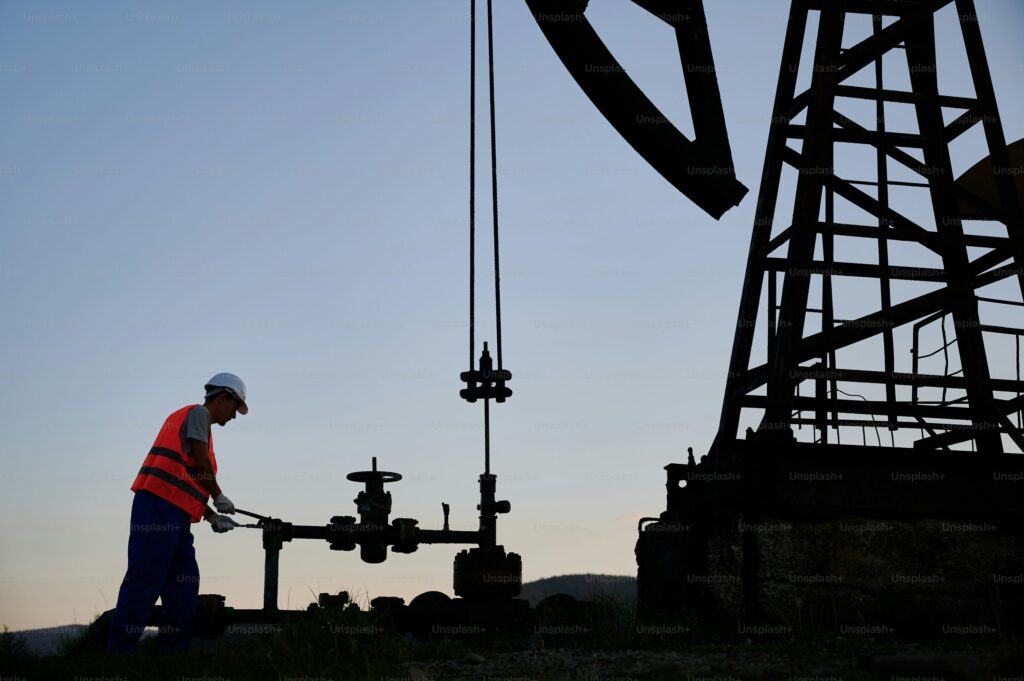According to the Guardian, on whom one can always rely for sober balanced insanity on an issue, “Climate crisis on track to destroy capitalism, warns top insurer“. And since the Guardian hates capitalism, you might think they’d finally found something to like about climate change. But no. These people are never happy. And very rarely right.
In this case the nonsense their “Environment editor” is peddling is that:
“The climate crisis is on track to destroy capitalism, a top insurer has warned, with the vast cost of extreme weather impacts leaving the financial sector unable to operate.”
Oh really? Well, no. As Roger Pielke Jr. has pointed out repeatedly, if you look at the cost of extreme weather not in absolute terms but as a share of inflation-adjusted GDP, it’s falling and has been for years. So the entire story is bunk.
Still, in for a pound in for a handful of pennies as well, right? So let’s see how much else they can get wrong. For instance that climate change is currently raising insurance costs.
We suppose they’re right that:
“The world is fast approaching temperature levels where insurers will no longer be able to offer cover for many climate risks, said Günther Thallinger, on the board of Allianz SE, one of the world’s biggest insurance companies. He said that without insurance, which is already being pulled in some places, many other financial services become unviable, from mortgages to investments.”
But him being on the board doesn’t mean the company itself said it. It’s very sloppy journalism. Especially as there’s a world of difference between companies refusing to offer insurance for certain specific things, for instance homes built on floodplains, and the entire global system of mortgage finance grinding to a halt.
As a matter of fact, if governments had not systematically been sheltering homeowners from such risks, aka protecting fools from their own folly, the pattern of urbanization in many areas would be different. Or if municipal authorities had worried about runoff instead of whatever they were thinking about while paving everything and then wondering why rain was pooling in cities in ways it didn’t use to.
As we have pointed out, it’s telling that flooding is getting worse in many cities without doing so in nearby rural areas. As with the Urban Heat Island, it’s clear to a sane observer that what you have is a local effect due to urbanization, not a huge trend.
And another thing. Real economics is all about changes at the margin, at incremental adjustments in behaviour caused by incremental changes in costs. So if it gets more expensive to insure homes in particularly vulnerable areas, the cost of such homes will fall at least initially. If builders stop creating them it might rise over time as they become more scarce. Markets are complicated, because they are the scene of human action and humans are complicated.
Some humans are also hysterical. Thus the Guardian basically wipes civilization off the map to drive home its thesis:
“Global carbon emissions are still rising and current policies will result in a rise in global temperature between 2.2C and 3.4C above pre-industrial levels. The damage at 3C will be so great that governments will be unable to provide financial bailouts and it will be impossible to adapt to many climate impacts, said Thallinger, who is also the chair of the German company’s investment board and was previously CEO of Allianz Investment Management.”
Maybe he was. But no it won’t. Proper assessments of the costs, and yes benefits, of increasing temperature suggest that it’s actually far cheaper to adapt to warming than to prevent it even if the models aren’t overstating both the probable warming and its probable costs. Which if you have a working brain leads you to conclude that the damages aren’t nearly as serious as hysterics would have you think.
Especially because a key tenet of economics is that legitimately foreseeable future risks, and indeed uncertainty itself, are already priced into the costs of things from fixed assets like houses to services like insurance. As we and many others have pointed out, when some wealthy alarmist tells you the seas are rising in implacable fury then buys a seaside mansion, you believe the home not the hype.
Instead this mountain of misery and ruin was raised on a molehill of a LinkedIn post. And not even a molehill of fact-checking.
When in doubt, of course, blame Trump. Thus the Guardian author, as innocent of economics as of climate science despite a PhD in geology, shrills that:
“Many financial institutions have moved away from climate action after the election of the US president, Donald Trump, who has called such action a ‘green scam’.”
But if the dangers are real they’re going to go bankrupt for obvious reasons they’re too stupid to see. And frankly Thallinger’s views don’t inspire much confidence either. The piece quotes him back in February that:
“The cost of inaction is higher than the cost of transformation and adaptation. If we succeed in our transition, we will enjoy a more efficient, competitive economy [and] a higher quality of life.”
Which is what they all say. But as noted, the first part is untrue. So is the second, at least in that while it was part of the sales job all along, everyone who’s tried it finds that they got a less efficient, less competitive economy and lower quality of life. Mind you it’s true that “If we succeed in our transition”, that is, if it does what the starry-eyed imagine not what the gimlet-eyed observe, then in that different world we’d all be George Jane Judy and Elroy Jetson and their little dog Astro too.
But we’re not. Are we?



What a great insight...adaptation! But as I reflect on it, I'm already doing it; when it gets hot outside, like a hot day in summer, I turn on the air conditioner. Yes, I see your point now. I already know how to adapt without an evolutionary modification.
Now that I have retired after 46+ yrs in the property/casualty insurance business, I am free to speak my mind.
Simply, never believe an insurance company exec who says stupid things, or anything for that matter, about climate change. It’s a cover for increasing premiums.
If we’re talking about Florida, then yeah, there are real problems with property insurance and it’s not clear if they can be resolved. But, Florida is just a small part of the developed world where insurance plays an important part in the economy. In the rest of the world, it’s inflation and the fact that we build more and more right in harms way that will drive premiums up. Very little insurance capacity will be restricted or denied though.
Note too,that the Insurance Bureau of Canada has been spending big bucks on radio ads telling us how more extreme the weather has become,and the ensuing insurance claims!But hey!They're working on solutions!So watch for your premiums to go up again,I suppose.
This reminds me of the truism that trailer parks are always located on tornado tracks because the land is cheap and it has usually been cleared of trees by wind for some odd reason!
The top 5 reasons for home insurance claims as follows: #1 wind damage, #2 non-weather related water damage such as plumbing leaks, #3 Hail, #4 weather related water damage including rain, melting ice and snow, #5 Theft. despite all of the dramatic tv footage I think that the hundreds of millions of homes outweigh the small number built on flood plains or on the beach. I do understand that the insurance companies will change their pricing and issuance policies based on loss experience like in the fire prone areas of California, but that has been the case for decades, yet people still built homes even without home insurance because they like the view or the isolation. If you look at Ashville NC or any town in the Appalachian Mountains, they have always been flood prone, I lived in the Susquehanna Valley in 1972 when Hurricane Agnes put 30 feet of water on the valley floor near Towanda PA, while some homes were damaged it was a small number since almost nobody lived on the valley floor because, you know, flooding!